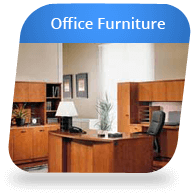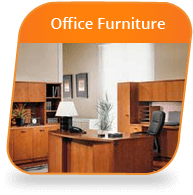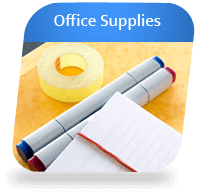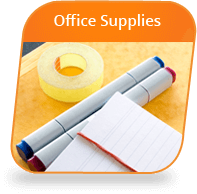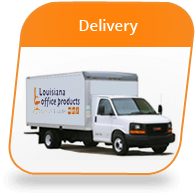As the blossoms bloom and the weather warms, it’s clear that spring has finally sprung. With the change of seasons comes the annual tradition of spring cleaning, a time to refresh and declutter our workspaces. For many office managers, ensuring a clean, healthy, and productive environment is crucial, not just for aesthetics but for curbing workplace illness and minimizing allergens. Recognizing this, Louisiana Office Products offers a comprehensive range of cleaning supplies designed to tackle every corner of your office. Here are some must-have workplace cleaning supplies from LAOP that will help you breeze through your cleaning checklist.
Continue readingCategory Archives: Blog
Are You Prepared for a Storm?
If you live in the Gulf Coast region, it’s best to be prepared for hurricane season. Preparation can help you stay safe if and when disaster strikes, and ensure your belongings stay safe as well. Remember these hurricane and storm preparation tips so you can stay safe no matter what Mother Nature throws at you!
Continue readingHybrid Work Essentials
In the modern workforce, a hybrid work environment is becoming increasingly more available. In fact, up to 83% of the current workforce prefers a hybrid work model in those instances where 100% remote work is unavailable. According to a Gallup poll on hybrid work environments, approximately 53% of all work environments will be hybrid going forward.
This means that both employees and employers have to find the tools that work best for both environments: remote work and corporate work.
Continue reading